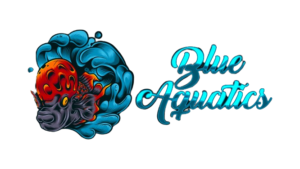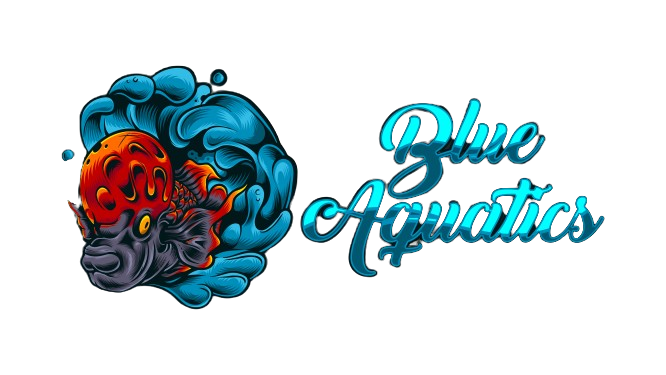Why is my discus fish not eating?
Owning discus fish can be an exciting and rewarding experience, but when your vibrant and colorful discus refuses to eat, it can be a cause for concern. There are several reasons why your discus might be showing disinterest in their meals.
In this blog post, we’ll explore common issues that could be affecting your discus fish’s appetite and provide easy-to-follow tips to address these concerns.
Water Quality Woes: One of the first things to check when your discus fish isn’t eating is the water quality in your aquarium. Discus are sensitive to changes in water conditions, and poor water quality can stress them out. Ammonia and nitrite levels should be at zero, and nitrate levels should be within an acceptable range. Regular water changes, as discussed in a previous blog, can go a long way in maintaining a healthy environment for your discus.
Temperature Troubles: Discus fish prefer warm water, typically between 82°F to 88°F (28°C to 31°C). If the water is too cold or too hot, it can affect their metabolism and appetite. Ensure that your aquarium heater is functioning correctly and maintaining a stable temperature. Sudden fluctuations can stress your discus, leading to a loss of appetite.
Dietary Dilemmas: Take a closer look at the food you’re offering your discus. They have specific dietary needs, and a monotonous or inappropriate diet can turn them away from their meals. Discus are omnivores and enjoy a mix of high-quality pellets, flakes, and frozen or live foods like bloodworms and brine shrimp. Experiment with different foods to see what your discus prefers.
Stress Factors: Discus fish can be easily stressed by changes in their environment. Have there been any recent alterations to the tank, such as new tank mates, rearrangement of decorations, or changes in lighting? Identifying and minimizing stressors can encourage your discus to resume normal feeding behavior.
Tank Mates Troubles: In a community tank, aggressive or overly dominant tank mates might be intimidating your discus. Watch for signs of bullying or aggression and consider rearranging decorations to create hiding spots. A peaceful environment will allow your discus to feed without fear.
Health Checkup: If your discus fish’s lack of appetite persists, it might be indicative of an underlying health issue. Inspect your discus for any physical signs of illness such as discoloration, lesions, or abnormal behavior. Consult with a vet or a knowledgeable aquarium professional to rule out potential health concerns.
Quarantine and Observation: If you suspect illness, consider quarantining the affected discus. This not only prevents the potential spread of disease to other fish but also allows for closer monitoring. Observe their behavior and look for any additional symptoms that could help identify the root cause of their reluctance to eat.
Social Interaction: Discus fish are known for their social behavior, and they may feel more comfortable eating in the presence of their peers. If you have a group of discus, ensure they are interacting positively. Solitary discus might feel stressed and be less likely to eat.
Gradual Acclimatization: If you recently introduced new discus to your tank, give them time to acclimate. New additions might take a while to adjust to their surroundings and feel comfortable enough to start feeding. Patience is key during this transition period.
Conclusion:
In conclusion, when your discus fish is not eating, it’s crucial to be a diligent detective and investigate potential causes. Addressing issues related to water quality, temperature, diet, stress, and health can help revive your discus’s appetite and bring back the joy of watching these beautiful fish thrive in your aquarium. Remember, a happy and well-fed discus is a healthy discus, so take the time to understand and meet their specific needs for a flourishing aquatic environment.


